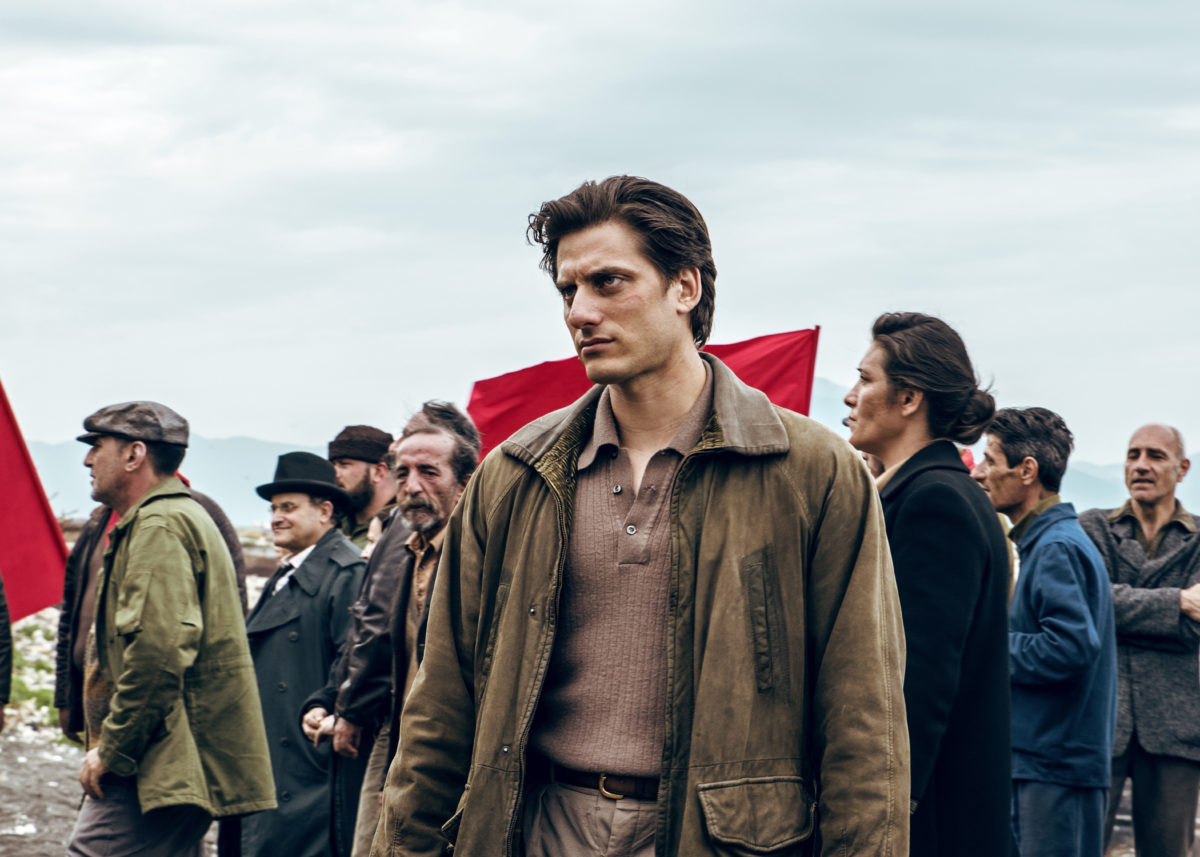Pietro Marcello’s Martin Eden (2019) is a dense text, transposing Jack London’s novel from the San Francisco Bay area to the Bay of Naples, integrating found footage that evokes Tarkovsky and Bill Morrison, crammed full of visual and literary references that range from Barry Lyndon and Baudelaire to Herbert Spencer. Shot on a gorgeous expired 16mm film stock, Marcello has blown the dust off of London’s novel, delivering an idealistic commentary on contemporary politics and society in relation to history.
It is obvious that Marcello sees himself in Eden, and by extension, London. Both are self-taught in their respective mediums and Marcello’s years cutting his teeth with documentary filmmaking make it clear that he has mastered the decoupage aspects of cinema, constructing narratives from the world around him that deliver plenty of interstitial spaces to ruminate in. London worked in a similar manner, going as far as writing in a letter to an acquaintance that “expression… with me… is far easier than invention”.
The other major bonds between Marcello and London exist in their socialist leanings and their autofictional ties to their respective Martin Edens. While London’s Eden existed in his present, Marcello sets his in a shifting anachronistic place firmly rooted in the past, where Eden is free to act idealistically in a way not possible for today’s postmodern post-author world where culture has been commodified and the factory has spread into our homes, phones, and television screens. Eden rejects working in the factory, but once he is established as a writer, he realizes he has become a cog in the culture industry, that the factory has moved into his house. He rejects it again, walking into the sea at sunset, evoking Rimbaud’s Une Saison en enfer: “Elle est retrouvée. / Quoi? – L ‘Eternité. / C’est la mer allée / Avec le soleil”.
